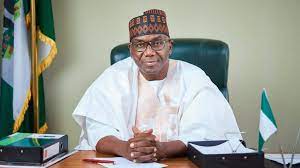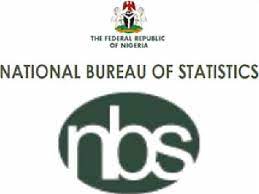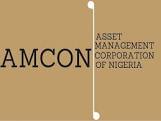The external debt profiles of the 36 states of the Federation and the Federal Capital Territory may significantly surge following the latest policy measure of the Central Bank of Nigeria (CBN) on floating exchange rate for the national currency – the Naira.
Following the measure, it is estimated that the states’ debt stock has surged to about N3 trillion, amid anxieties that the figure may further spike in the months ahead.
The apex bank had on Wednesday June 14, 2023, directed Deposit Money Banks (DMBs) and FX dealers to remove the rate cap on the national currency at the official Investors and Exporters’ Window of the foreign exchange market, to ensure its free float against the dollar and other global currencies.
It stated: “The Central Bank of Nigeria wishes to inform all authorized dealers and the general public of the following immediate changes to operations in the Nigerian Foreign Exchange Market: Abolishment of segmentation. All segments are now collapsed into the Investors and Exporters window.”
A day prior to the monetary policy announcement, the total external debt stock of states was $4.46bn (N2.09tn at N471/dollar) as of the end of December 2022, based on official debt report by the Debt Management Office (DMO).
Within 48 hours of the CBN’s monetary policy announcement, precisely on Friday, June 16, the sub-national governments’ debt stock, while retaining its dollar value of $4.46bn had risen to N2.96tn at N663.04/dollar. This implies that the states will need more revenue in local currency to pay their foreign obligations.
According to data from the FMDQ Exchange, the announcement led to an immediate depreciation in the exchange value of the Naira, which dipped from N471/$1 to 664.04/$ at the Investors & Exporters FX window.
Due to the latest exchange values of the local currency against foreign ones, the external debt stocks of states like Lagos ($1.25bn) have risen from N588.78bn to N828.84bn; Kaduna ($573.74m) from N270.23bn to N380.42bn; Edo ($261.15m) from N123bn to N173.16bn; Cross River ($209.53m) from N98.69bn to N138.92bn; Bauchi ($165.78m) from N78.08bn to N109.92bn.
Others and their debt stocks indicated that Abia ($94.28m) rose from N44.41bn to N62.51bn; Adamawa ($104.61m) from N49.27bn to N69.36bn; Akwa Ibom ($44.85m) from N21.12bn to N29.74bn; Anambra ($103.82m) from N48.90bn to N68.84bn; Bayelsa ($60.39m) from N28.45bn to N40.04bn; Benue ($29.94m) from N14.10bn to N19.85bn; Borno ($18.10m) from N8.53bn to N12bn; Delta (59.87m) from N28.19bn to N39.69bn.
Also, Ebonyi State ($58.57m) from N27.59bn to N38.84bn; Ekiti ($105.59m) from N49.73bn to N70.01bn; Enugu ($120.86m) from N56.92bn to N80.13bn; Gombe ($32.48m) from N15.29bn to N21.54bn; Imo ($51.09m) from N24.07bn to N33.88bn; Jigawa ($26.99m) N12.71bn to N17.89bn; Kano ($100.67m) from N47.41bn to N66.75bn; Katsina ($53.92m) from N25.39bn to N35.75bn; Kebbi ($40.93m) from N19.28bn to N27.14bn.
Similarly, Kogi State’s $52.79m external debt increased from N24.87bn to N35.01bn; Kwara ($44.87m) from N21.13bn to N29.75bn; Nasarawa ($52.99m) from N24.96bbn to N35.14bn; Niger ($69.23m) from N32.61bn to N45.90bn; Ogun ($136.26m) from N64.18bn to N90.35bn; Ondo ($90.68m) from N42.71bn to N60.13bn; Osun ($91.78m) from N43.23bn to N60.85bn; Oyo ($72.24m) from N34.02bn to N47.89bn; Plateau ($32.39bn) from N15.26bn to N21.48bn; Rivers ($87.13m) from N41.04bn to N57.77bn.
This is even as Sokoto ($36.56m) debt stock increased from N17.22bn to N24.24bn; Taraba ($46.47m) from N21.89bn to N30.81bn; Yobe ($22.51m) from N10.60bn to N14.93bn; Zamfara ($28.86m) from N13.59bn to N19.14bn; FCT ($24.36m) from N11.47bn to N16.15bn.




